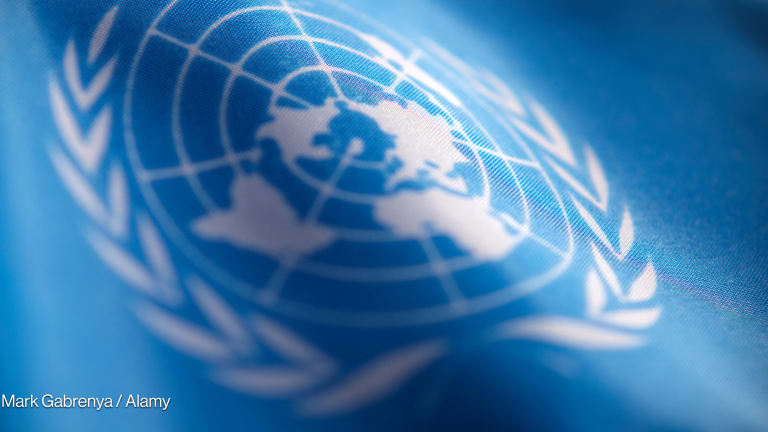The United States suspension of foreign assistance is having a “severe” or “moderate” impact on the budgets of nearly 20 United Nations agencies, according to a confidential U.N. survey on the Trump administration’s crackdown on foreign aid. This has undermined their ability to promote human rights, feed the needy, curb irregular migration from Latin America, support ceasefires in Gaza and Lebanon, and weaken social cohesion while fueling extremism in the Middle East.
The Feb.3 U.N. survey — which was prepared for an extraordinary meeting Monday of top U.N. development and humanitarian officials — provides the most detailed account yet of the impact the U.S. government foreign aid pause is having on the U.N.’s far-ranging operations. In it, nearly 20 U.N. agencies that acknowledged receiving stop-work orders — including the World Food Programme, UNICEF, and the World Health Organization — said they were already feeling the bite.
Of those agencies that received letters, nearly half said the suspension was having a “severe impact” on their budget and operations, while 41% said it was having a “moderate impact” on their budgets. Only 12% said it was having a “minimal impact.” The International Organization for Migration and the U.N. Programme on HIV/AIDS, or UNAIDS, said it would have the biggest impact on operations.








